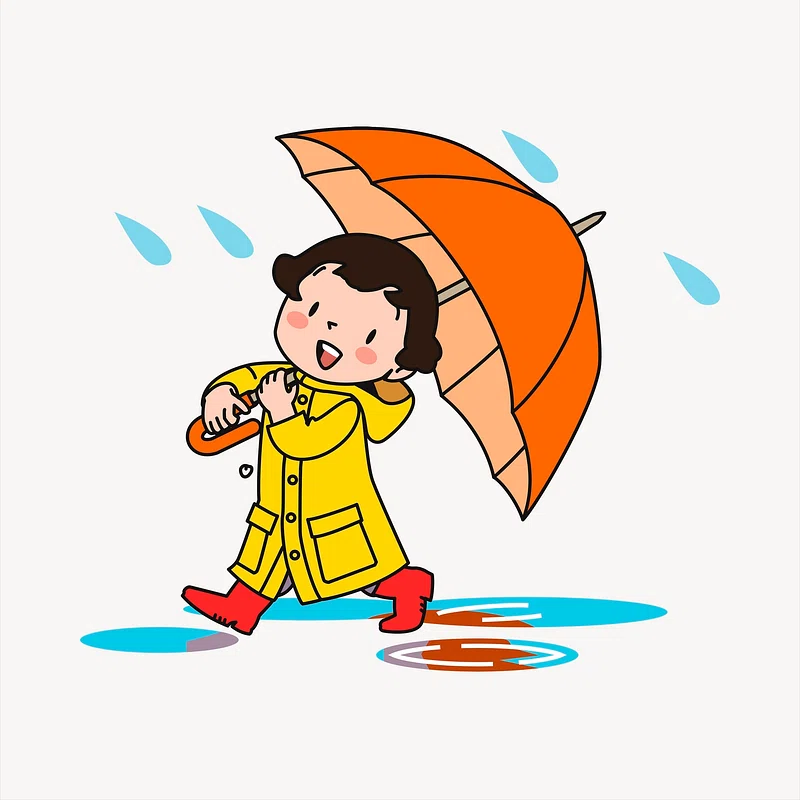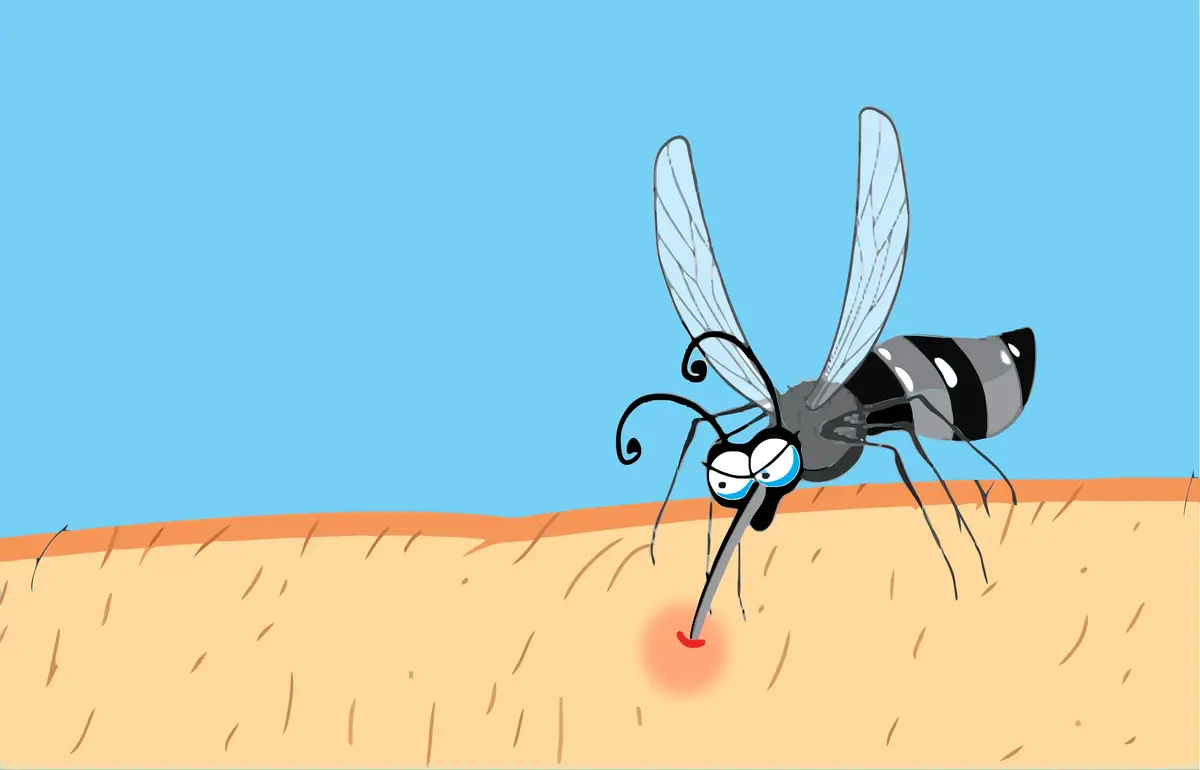

Why does the rain smell so pleasantly good ??
It's been hot summer so long and suddenly a pleasant smell hits your nose and you know rain is around the corner. That you stepped outside after a fresh rainfall and noticed a distinctive, earthy aroma that seems to be in the air? Ever wondered what's this smell ? how does this happen ? and why exactly ? Let's find out!!
This pleasant, intriguing smell or fragrance of when the rain droplets kiss the earth was termed as Petrichor, which is now generally the term used to describe the pleasant, earthy smell that accompanies the first rain after a dry period. The word "petrichor" is derived from Greek, where "petra" means stone, and "ichor" refers to the fluid that flows in the veins of the gods in Greek mythology. The term was first coined by Australian scientists Isabel Joy Bear and Richard G. Thomas in a 1964 study that investigated the origins of this distinctive odor.
Let's understand further what this Petrichor is actually all about.
Oil From Plants
During dry periods, certain plants release essential oils and other compounds into the soil. Why you ask? Kind of say the plants killing off the competition for water during the summers or dry time as the released oils will likely prevent germination. These oils are absorbed by the soil and accumulated over time. When rain falls, these oils are re-released into the air, contributing to the characteristic scent of petrichor.
The Bacterial Contribution
Bacteria called as Actinomycetes which are a type of soil-dwelling bacteria release spores into the soil during the dry period as part of their metabolic process. This spores have geosmin in them.These bacteria are particularly active in soil during dry conditions. When rain hits the ground, the water disrupts these microorganisms, releasing geosmin into the air.
Geosmin is generally found in healthy soils in abundant quantities. We don't generally smell it because its the precipitation(rain, hail, snow) which releases it in the air.
Ozone
Ozone is another contributor to the smell of rain. This compound is produced during thunderstorms when lightning splits nitrogen and oxygen molecules in the atmosphere, leading to the formation of ozone. This fresh, sharp smell of ozone can mix with the earthy aroma of petrichor, enhancing the overall scent of rain.
Of course this is not it and there are some other factors as well why we get this aromatic scent. Like some plant species release phenolic compounds into the air. These compounds can react with other substances in the rain, contributing to the complex bouquet of smells that we associate with petrichor. Also sometimes the acidity of the rain interacts with chemical compounds or other composition of the soil which brings out the smell out to us.
And we do know how this scent brings someone into a state of nostalgia for some, calmness for some and happy feeling for others.
Petrichor is more than just a pleasant aroma; it is a fascinating interplay of plant oils, soil bacteria, and atmospheric conditions. Understanding the science behind this distinctive smell not only enriches our appreciation of nature but also deepens our connection to the environment. Next time you step outside and catch a whiff of that fresh, earthy scent after a rainstorm, you'll know a little more about the complex and intriguing processes that create one of nature's most delightful aromas.
Do you know there is a term called as Pluviophile which can be loosely translated to someone who loves the rain and find peace and joy during the rainy days.
Well, that's more onto bring the fragrance of curiosity close to you. Until next time, remember the scent of curiosity!
Powered by Froala Editor


